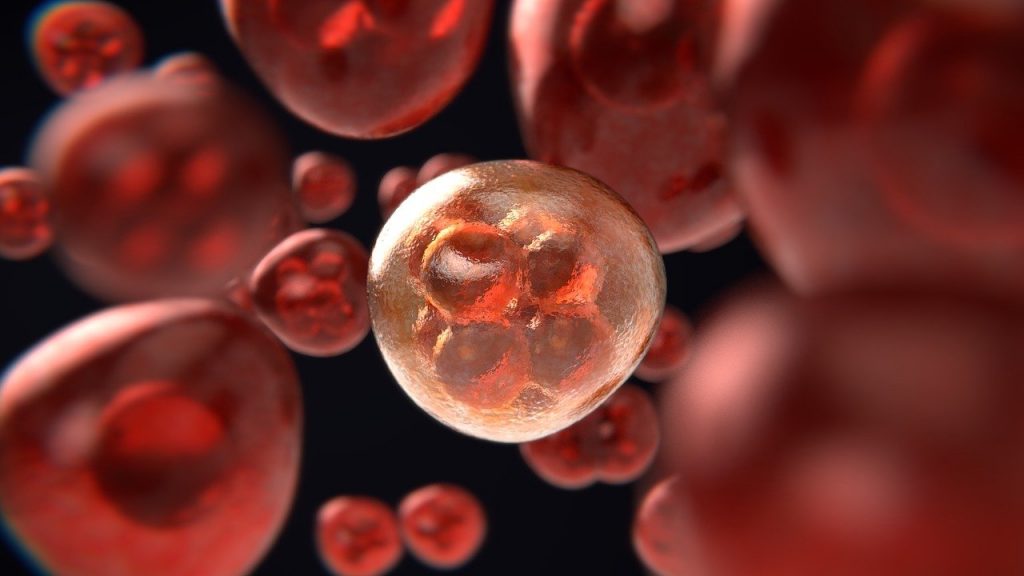Eureka Therapeutics and Memorial Sloan Kettering Cancer Center (MSK) have signed a new G Protein-Coupled Receptor Family C Group 5 Member D (GPRC5D) license agreement with Sanofi to target multiple myeloma.

Sanofi will develop antibody targeting GPRC5D to treat multiple myeloma. Credit: Colin Behrens from Pixabay.
Subscribe to our email newsletter
Eureka Therapeutics and Memorial Sloan Kettering Cancer Center (MSK) have signed a new G Protein-Coupled Receptor Family C Group 5 Member D (GPRC5D) license agreement with Sanofi to target multiple myeloma.
The agreement has been signed for the non-CAR use of a novel human binding domain targeting GPRC5D.
Eureka Therapeutics discovered the GPRC5D binding domain using its E-ALPHA antibody discovery platform and developed it under a collaboration with MSK.
MSK myeloma physician-scientist and patents inventor Eric Smith said: “GPRC5D is a novel target that has emerged as a promising option for the treatment of multiple myeloma, particularly for patients who have relapsed from other therapies.”
Under the deal, Sanofi will have the exclusive rights to use GPRC5D binder for the development of an antibody to treat multiple myeloma.
As per the terms of the agreement, Eureka and MSK will receive more than $1bn of potential development, regulatory and sales milestone payments as well as an upfront payment from Sanofi.
The companies will also receive tiered royalties on net sales of the product.
Eureka CEO and president Cheng Liu said: “We are delighted to contribute technology for the development of next generation therapies against multiple myeloma.
“Targeting GPRC5D has the potential to improve the durability of response from current therapies and to improve the long-term clinical benefits for patients.”
Multiple myeloma is claimed to be the second most common hematologic cancer, which affects plasma cells that are specialised mature B-cells secreting antibodies to fight infections in the human body.
According to Eureka, approximately 32,000 people per year are being diagnosed with multiple myeloma in the US.
In a separate development, Eli Lilly is set to invest approximately $15m in MiNA Therapeutics.
The funding will be used to advance the development of novel drug candidates using MiNA’s small activating RNA (saRNA) technology platform.
 Advertise With UsAdvertise on our extensive network of industry websites and newsletters.
Advertise With UsAdvertise on our extensive network of industry websites and newsletters.
 Get the PBR newsletterSign up to our free email to get all the latest PBR
news.
Get the PBR newsletterSign up to our free email to get all the latest PBR
news.

